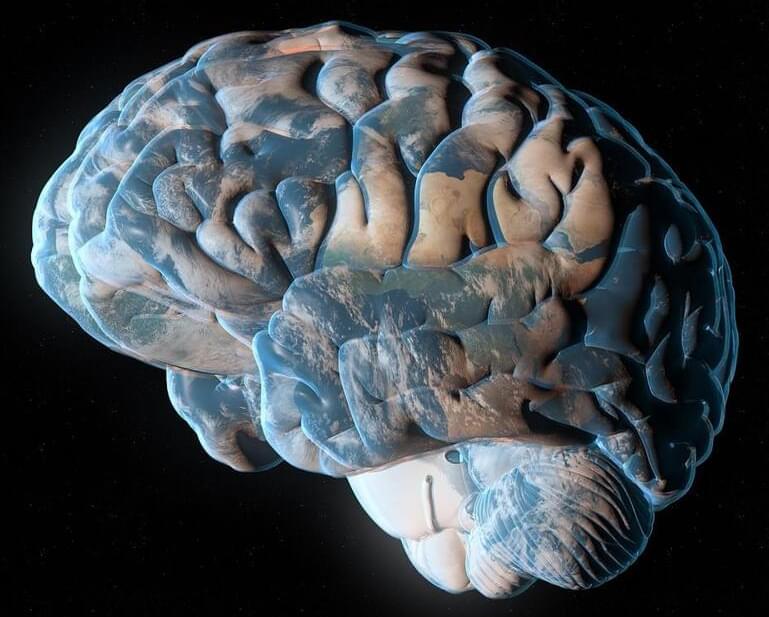Feb 14, 2024
Study: A New Force of Nature Is Reshaping the Planet
Posted by Dan Breeden in categories: biological, evolution, food, sustainability
Drawing together an array of interdisciplinary studies across archaeology, ecology, anthropology, and evolutionary theory, Erle Ellis, professor of geography and environmental systems at the University of Maryland Baltimore County, explains the evolution of the cultural practices that have enabled societies to develop unprecedented capabilities to scale up and transform the ecological systems that sustain them.
From using fire to cook food and manage vegetation to the technologies and institutions that support intensive agriculture, increasingly urbanized societies, and global supply chains stretching across the planet, human societies have evolved the social, cultural, and ecological capabilities to reshape the planet and to thrive in the process.
Ellis is a leading scientist investigating the Anthropocene, the current geological age defined by the human transformation of the planet. He is the founder and director of the Anthroecology Lab, which studies relationships between human societies and ecosystems at local to planetary scales with the aim of guiding more sustainable human relations with the biosphere. He is currently a visiting fellow at the Oxford Martin School, where he recently presented his work on Anthropocene opportunities.


















